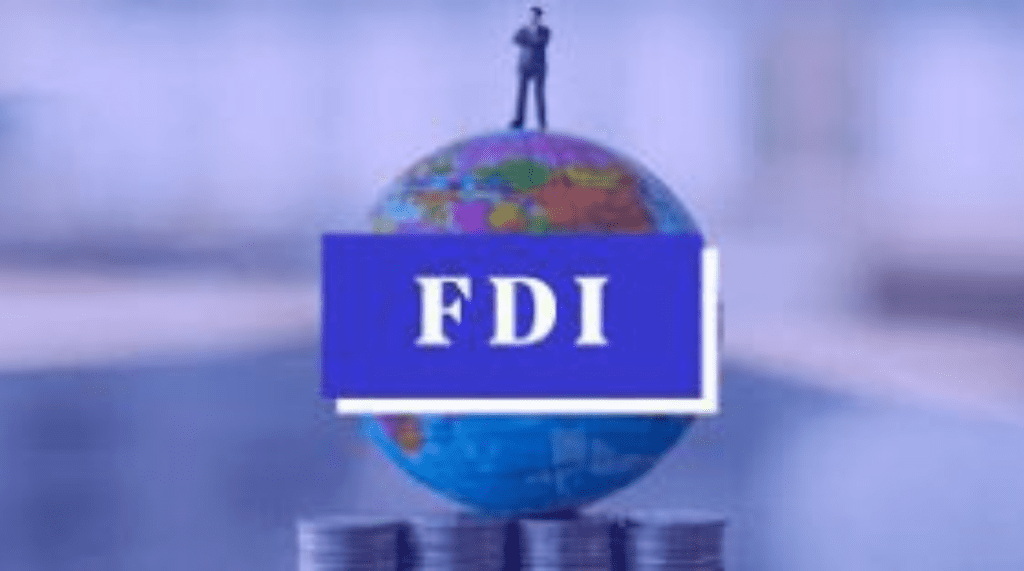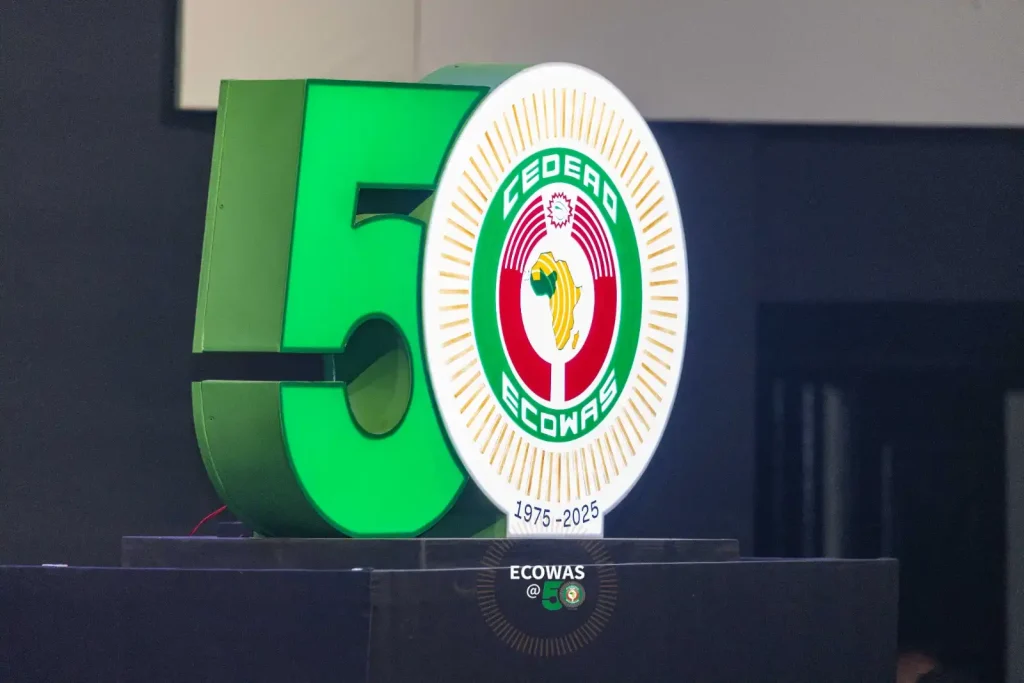Ghana’s parliament has approved a new investment code aimed at attracting foreign direct investment (FDI) by streamlining regulations and improving the investment environment. The code, which received parliamentary approval on January 15, 2024, is designed to simplify the investment process for foreign investors, reduce bureaucratic hurdles, and offer a more favorable framework for FDI in Ghana.
The new legislation, spearheaded by Ghana’s Ministry of Trade and Industry, is expected to boost the nation’s economic growth by encouraging greater FDI inflows, which have been viewed as critical to addressing economic challenges and fostering long-term prosperity. The government’s objectives with the updated investment code focus on sectors such as manufacturing, technology, agriculture, and renewable energy, where increased capital could support job creation, innovation, and sustainable development.
According to Minister of Trade and Industry, K.T. Hammond, the investment code will “help make Ghana one of the most attractive investment destinations in West Africa.” In a statement to Parliament, he highlighted the need for regulatory flexibility and business-friendly reforms that would not only attract foreign capital but also encourage skill transfers, infrastructure development, and value addition across critical sectors of the economy.
The legislation introduces several key measures, including reducing the minimum capital requirements for foreign investors, offering tax incentives for investments in underdeveloped regions, and establishing a streamlined process for licensing and permits. These changes aim to address concerns voiced by international investors who previously cited excessive regulations and high operational costs as obstacles to doing business in Ghana. The Ghana Investment Promotion Centre (GIPC), which oversees FDI activities in the country, has been tasked with implementing these reforms and ensuring they lead to measurable improvements in the business climate.
The passage of the investment code has been well-received by Ghana’s business community and international stakeholders. The Ghanaian Association of Industries and the Chamber of Commerce have both expressed optimism about the reforms, viewing them as a proactive step toward greater economic resilience and global competitiveness.
However, some experts warn that the success of the new code will depend on its effective implementation. Economic analyst Kwame Mensah of the Institute of Economic Affairs emphasized that while the code’s approval is a positive milestone, long-term success will require consistent regulatory oversight, effective enforcement, and close monitoring to ensure compliance and transparency.
As Ghana faces mounting economic challenges, the government views foreign direct investment as essential to driving the nation’s economic recovery and fostering sustainable growth. By attracting foreign capital and facilitating partnerships with international businesses, Ghana’s leadership hopes to position the country as a regional economic hub, capable of competing with other West African nations for global investments.























